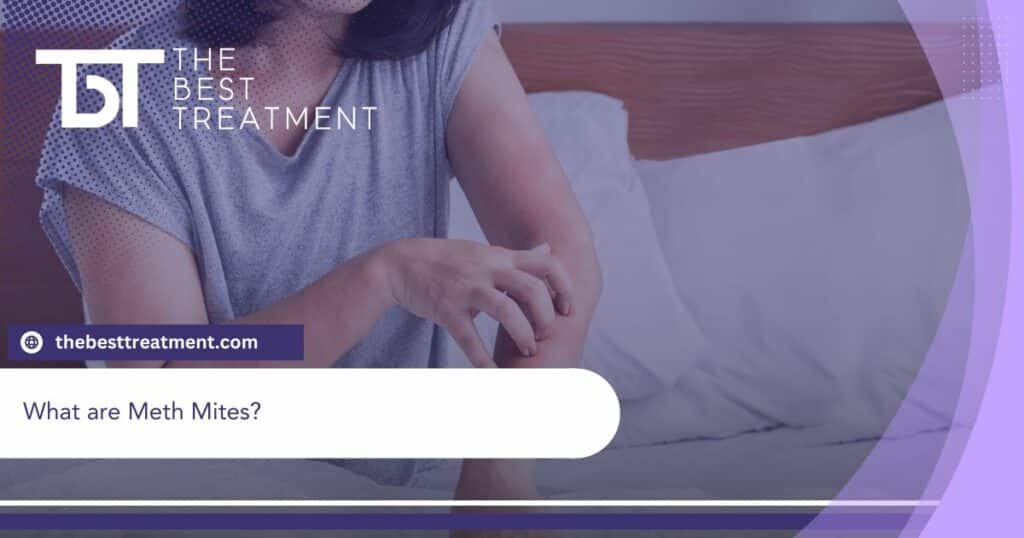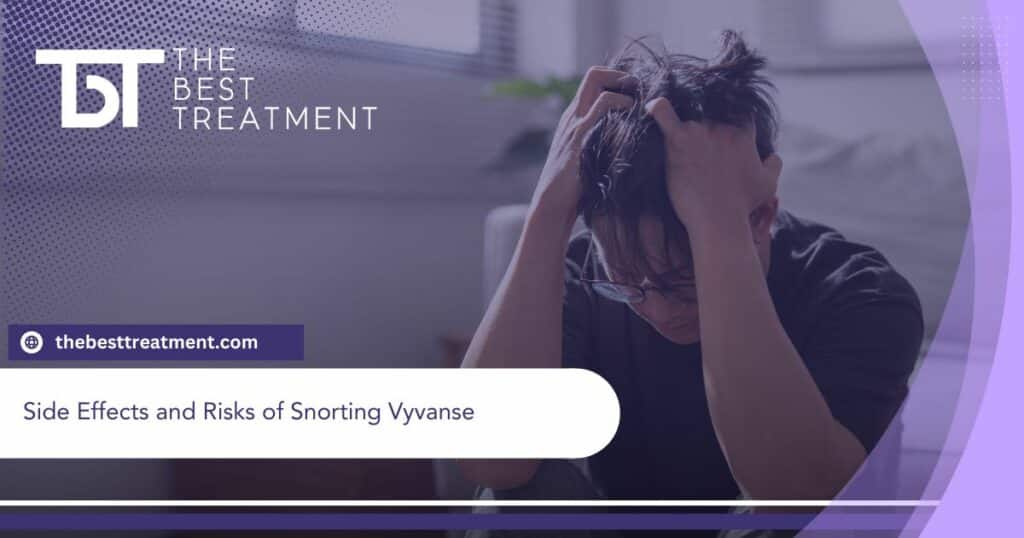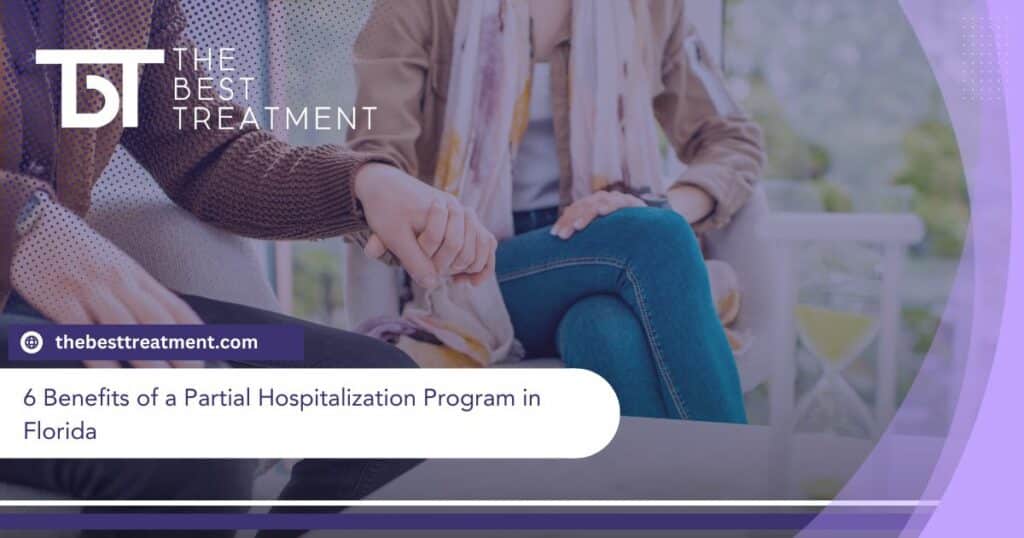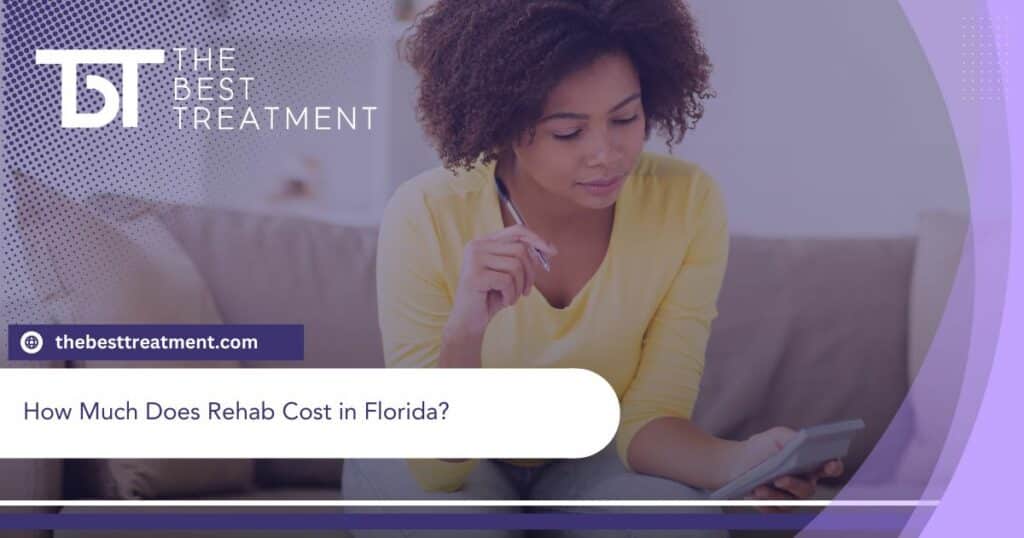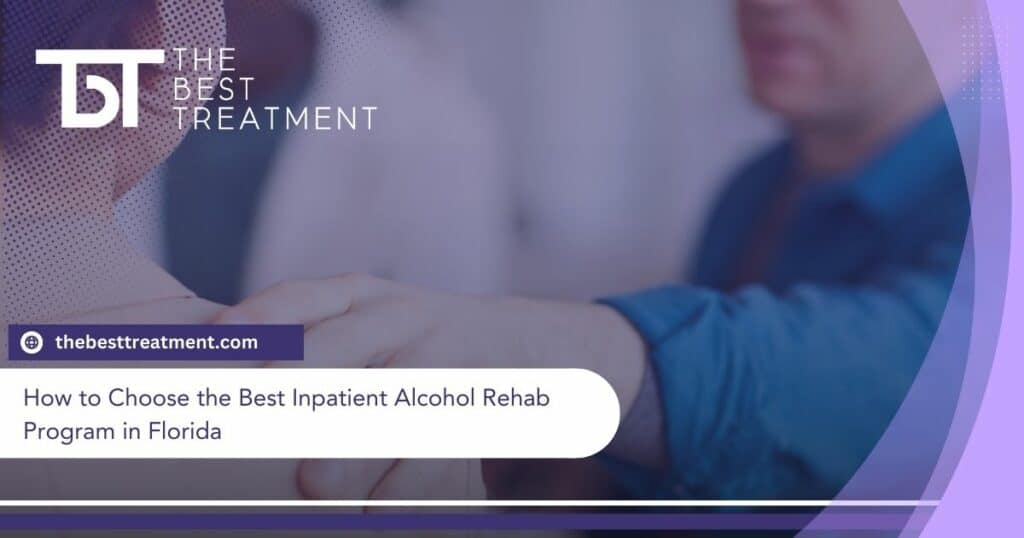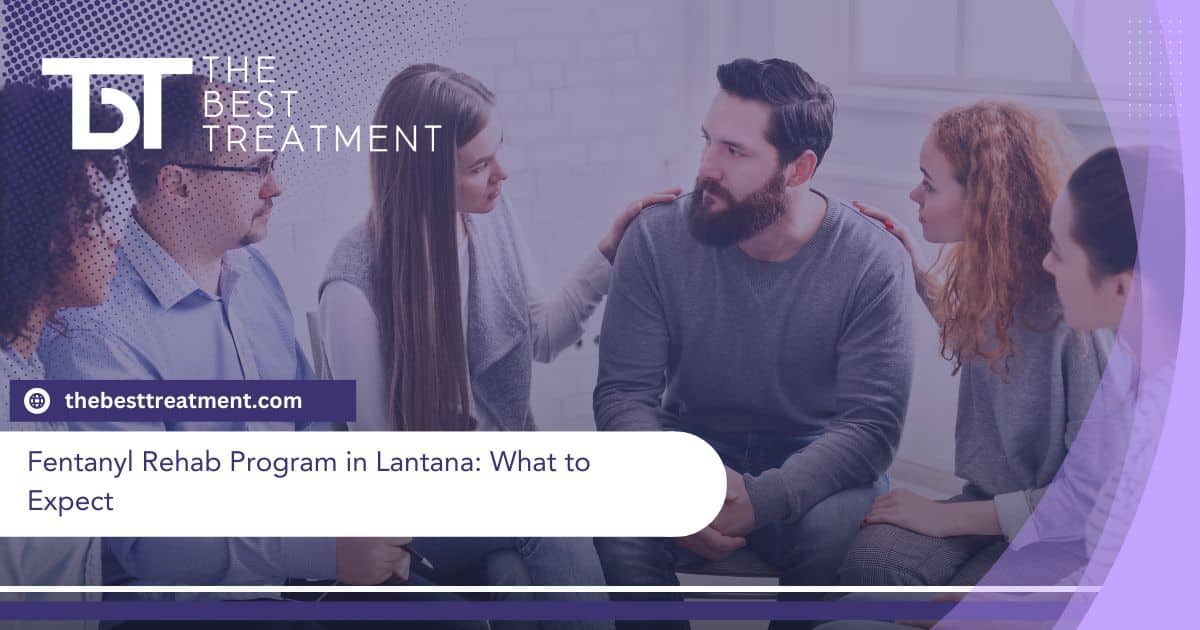Table of Contents
Fentanyl is a powerful opioid painkiller. People should only take fentanyl under careful medical supervision. Those who misuse fentanyl may become addicted to it. Fentanyl abuse and addiction require comprehensive substance abuse treatment.
Every year, thousands of people die from fentanyl overdoses. Many more struggle with fentanyl addiction. The effects of fentanyl addiction can be severe, but it can be challenging to overcome this condition.
The support of a medical detox and fentanyl rehab program in Lantana can help people overcome addiction and move forward. If you or someone you love are struggling with fentanyl addiction, contact the specialists at The Best Treatment now. We will answer your questions and help you find the best treatment option to meet your needs.
What is Fentanyl?
Fentanyl is a synthetic opioid medication. It is derived from opium poppy seeds. Fentanyl is chemically similar to morphine but is 50 to 100 times more potent.
Doctors may prescribe fentanyl to patients with moderate to severe pain. People may require opioid painkillers like fentanyl after having surgery or during cancer treatment.
Medical professionals typically prescribe fentanyl for short periods to reduce the risk of addiction. People who misuse fentanyl can become physically dependent or addicted to it. People with fentanyl addiction require substance use disorder treatment.
The Effects and Risks of Fentanyl
Fentanyl is very potent. A tiny amount of fentanyl can be deadly. People who abuse fentanyl are at serious risk for an overdose.
Other unwanted effects of fentanyl abuse include:
- Excessive sedation
- Nausea
- Constipation
- Confusion
- Loss of consciousness
- Drowsiness
- Slowed breathing
A fentanyl overdose can cause slow or shallow breathing that deprives the brain of oxygen. People may also stop breathing during an overdose.
A fentanyl overdose is a life-threatening emergency. If someone near you is having a fentanyl overdose, call 911 right away. Give them Narcan (naloxone) if you have it. Wait with them until help arrives.
Understanding Fentanyl Addiction
Fentanyl works by binding to opioid receptors in the brain. It affects areas of the brain related to pain control, emotions, and pleasure. People who take fentanyl may experience euphoria, which is an intense rush of joy and well-being.
Fentanyl also changes how the brain releases endorphins. Endorphins are neurotransmitters (brain chemicals) that naturally relieve pain. They also make people feel calm, content, and happy.
These pleasant feelings may make people want to misuse fentanyl. Fentanyl misuse includes:
- Taking more fentanyl than prescribed
- Taking fentanyl more often than prescribed
- Using fentanyl for longer periods than prescribed
- Using fentanyl differently than prescribed, such as crushing and snorting pills
- Taking fentanyl without a prescription
People who misuse fentanyl might develop tolerance to it. Tolerance means that the body has adjusted to the presence of a substance. People with fentanyl tolerance need to take more of the drug to get the desired effect.
After a period of heavy fentanyl use, people may develop physical dependence. This means that their body will not function without taking fentanyl.
Fentanyl addiction is a complex condition. People with fentanyl addiction often need residential treatment and ongoing support to stop using fentanyl.
Signs of Fentanyl Addiction
Fentanyl addiction is a life-threatening condition. Recognizing opioid drug addiction and seeking treatment quickly can give you the best chance at recovery.
Here are some signs of fentanyl addiction:
- Taking fentanyl without a prescription
- Having cravings for opioids
- They experience withdrawal symptoms if they stop taking opioids
- Spending a lot of time and energy getting more opioids
- Using more fentanyl than prescribed
People may develop physical dependence on fentanyl even if they use it as prescribed. Pay attention to signs of fentanyl addiction. Seek treatment as soon as you recognize a problem.
What To Expect During Fentanyl Rehab in Lantana, FL
People with fentanyl addiction usually require a medically-supported detox program before beginning a treatment program. During detox, medical and mental health professionals monitor and treat withdrawal symptoms. Treatment includes:
- Medications
- Emotional support
- Supervision
- Holistic therapies
After a safe, complete detox, people may begin a comprehensive treatment plan. There are many levels of addiction treatment, including both inpatient and outpatient options. Your treatment team will evaluate your needs and recommend the best course of treatment.
Fentanyl addiction treatment plans typically include:
- Individual therapy
- Cognitive behavioral therapy (CBT) and other behavioral therapies
- Group therapy
- Family therapy
- Education about drug abuse and recovery
- Medications
- Mental health treatment
- Relapse prevention education
- Nutrition support, massage, acupuncture, and other holistic therapies
After completing treatment, people must continue to stay active in their recovery by following an aftercare plan. Aftercare plans might include sober living, 12-step meetings, mental health treatment, and other activities that support recovery.
Find a Fentanyl Rehab in Lantana
If you or someone you love needs the support of a fentanyl rehab in Lantana, help is available at The Best Treatment. Contact our specialists now to learn about your treatment options or schedule an intake assessment.
Medically Reviewed: September 25, 2019

All of the information on this page has been reviewed and verified by a certified addiction professional.





